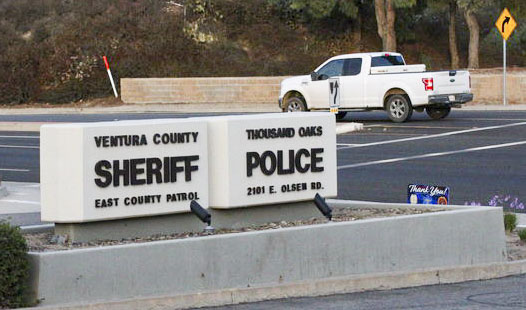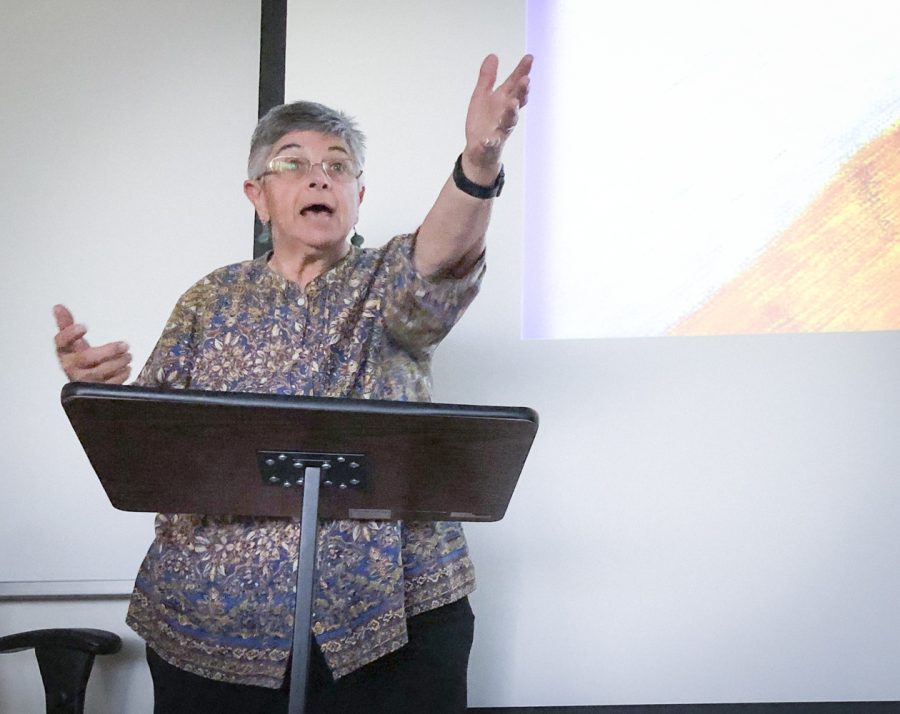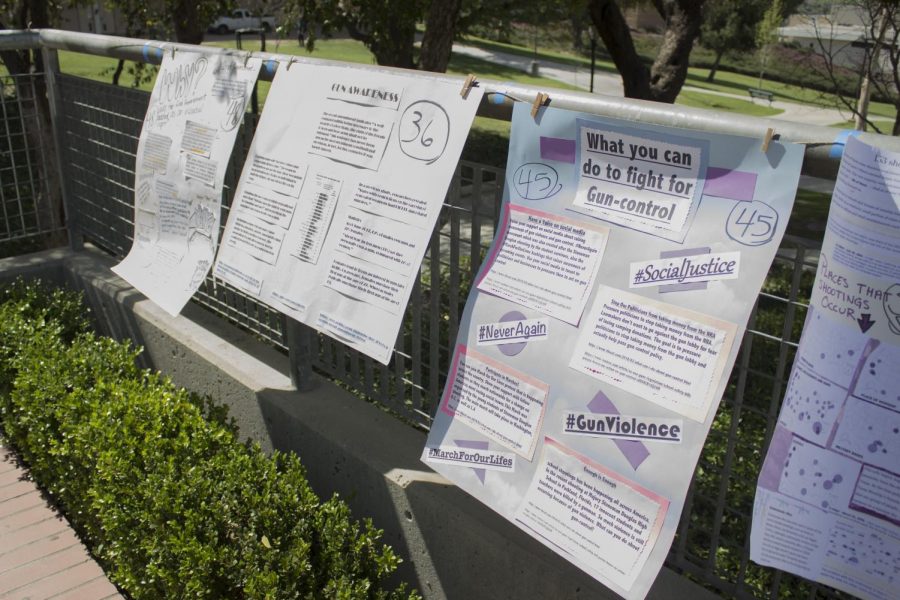Magna Carta
Ryan Krebs
News editor
In 1215 A.D., an English king was coerced by his subjects to sign a document that bestowed unto them previously unheard of rights.
Almost 800 years later and thousands of miles away, this famed document, the Magna Carta, sits in its own high-tech case at the Ronald Reagan Presidential Library.
The Magna Carta (Great Charter), which inspired other freedom-bestowing documents from America’s Declaration of Independence to South Africa’s 1996 Constitutional Preamble, will be the centerpiece of the Reagan Library’s Magna Carta exhibit until June 20.
Library docent Marlene May believes that the exhibit is worth seeing.
“It is probably the most important document in the world, ever,” May said. “It is an important piece of history.”
The document is on loan from the Lincoln Cathedral in the London area, and was brought to the states by the Very Reverend Phillip Buckler of the Cathedral.
Moorpark College student Daniel Sakaida, 19, a political science major, finds the document fascinating.
“While the document itself didn’t do a thing for the average Joe Limey, it was the first time a King gave up some of his power, and the first step of the gradual shift of power from the few, to the many,” Sakaida said.
According to the Cathedral’s website, the Magna Carta was a document signed by King John of England, which became “a charter of liberties to safeguard their rights.” This document, inside its own self-contained case, is one of four copies of the original Magna Carta. The document is written in Latin and has been in the Lincoln Cathedral archives for almost 800 years.
But it is the content of this centuries-old charter that influenced the world the most, according to docent Jan Schmidt.
“It is the basis of our laws,” she said.
Schmidt said that additionally, the exhibit itself is worth seeing.
“The display is fabulous.”
While the Magna Carta contains 63 clauses, or points, the main clauses that stands out which directly inspired our Constitution is clause 39, which says in part, “no freeman shall be arrested, or imprisoned, or deprived of his property…unless by legal judgment of his peers, or by the law of the land.”
Steve Kelemen, another docent at the library, said that the Englishmen that created the Magna Carta had some foresight.
“Those were smart people.”
The Reagan Library may be contacted for more information about the exhibit at (805) 577-4000 or at www.reaganfoundation.org.





